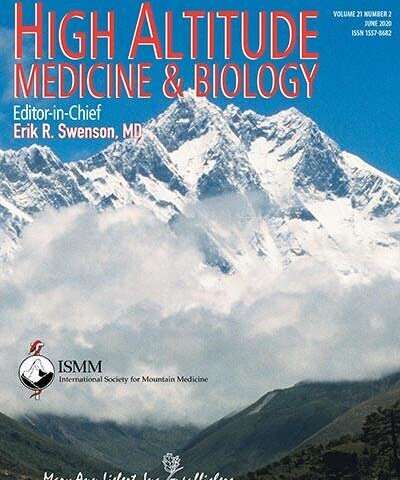Insufficient evidence of reduced COVID-19 incidence at high altitudes

Despite recent reports of lower COVID-19 incidence among high-altitude populations, current data is insufficient to conclude that high altitude is protective against the SARS-CoV-2 virus, as reported in the peer-reviewed journal High Altitude Medicine & Biology.
"The reported lower incidence of COVID-19 among high-altitude residents is quite intriguing, but epidemiological observations presented so far from high-altitude regions are preliminary," state Matiram Pun, MBBS, MSc, University of Calgary, Erik Swenson, MD, University of Washington and Editor-in-Chief of High Altitude Medicine & Biology, and coauthors.
The authors also conclude that there is currently little supporting evidence for any protective benefit of genetic or nongenomic adaptation to high-altitude hypoxia.
"We should avoid reaching the conclusion that any community has an innate protection from COVID-19 in the absence of robust evidence," state the authors.
More information: Matiram Pun et al. Lower Incidence of COVID-19 at High Altitude: Facts and Confounders, High Altitude Medicine & Biology (2020). DOI: 10.1089/ham.2020.0114


















